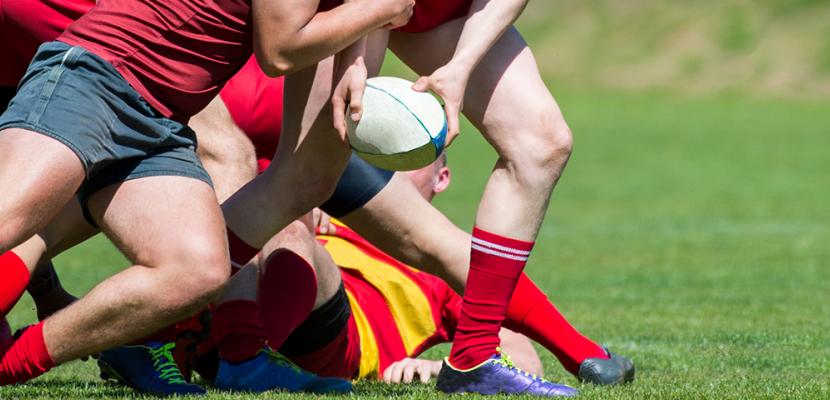
Written by Bond University's Dr Annette Greenhow - Assistant Professor, Faculty of Law.
Concussive injury in sport is not a new phenomenon.
Since 1995, Australian sports have at varying speeds been tinkering with rules and guidelines to try to manage the harm within their sport. This self-regulatory approach has led to a sport-specific vertically integrated system and, in several cases, inconsistent application, haphazard enforcement and mixed messaging.
"If in doubt, sit them out."
It's the memorable motto used to remind us that mismanaging head injuries is a serious matter and has the potential to lead to real and long-term neurological and cognitive health concerns. The Australian Institute of Sport and partners have gone to great lengths to get this public health message across by establishing an informative website and developing a concussion position statement targeted at a range of stakeholders.
But with the return to play in several recent high-profile incidents, this message appears to be getting lost in translation when it comes to implementation at the professional level.
Boyd Cordner's head knock in the first State of Origin is a case on point.
The controversial return of the NSW Captain led to extensive media and sporting commentary about whether this should have happened. One view from a senior rugby league immortal was that this was a private medical matter, exclusively for the doctor to make. Others expressed concern based on increased public awareness about the dangers of head knocks and conservative management requiring Cordner to have sat out the rest of the match.
A national public health issue.
Sports have been hit hard this year in having to deal with the disruption caused by COVID. In addition to being financially vulnerable due to lost broadcasting revenue, the NRL reconfigured the national competition and the State of Origin series shifted to a later date and delivered in a shorter, more condensed timeframe.
The mismanagement of sport-related concussion (SRC) is also a public health concern but unlike COVID, sport's governing bodies almost exclusively set, direct and control the rules around the issue. This begs the question whether private actors like the sport's governing bodies should unilaterally self-regulate public health concerns.
Research demonstrates the health and social burdens of SRC and the externalised costs borne by the wider population. Despite public health implications associated with SRC, Australian policymaking is managed primarily by private actors within each sport resulting in a fragmented and vertically integrated approach, which may not adequately protect players’ interests or address the harm. Mismanaging SRC is not just a private sporting matter but is worthy of recognition as a public health issue, affecting players, their families, and the community.
Tackling sport-related concussion.
Scholars agree that private actors are ill-equipped to unilaterally regulate high profile public health concerns within a private and voluntary self-regulatory system. In framing SRC through a public health lens, a co-designed and collaborative national regulatory framework, involving both state and non-state actors, can collectively establish priorities and policy objectives. This co-designed approach combines the expertise of industry (including the sports’ governing bodies as guardians of their sport) and the legislative mandate of the state (as guardian of the public's health) in drafting and adhering to a unique set of rules and principles to meet minimum standards. Such a system needs to be informed by evidence, underpinned by robust stakeholder consultation and engagement, and incorporate transparent and accountable systems to monitor compliance and enforcement.
Building and enhancing trust in our sports system is critical to the future of Australian sport.
Advances in scientific understanding about the serious and long-term harm make this an urgent and high priority matter for policymakers. Time is of the essence as we cannot afford to wait another 25 years.
Dr Annette Greenhow is the General Editor of the Sports Law eJournal, Co-Director of the Centre for Commercial Law and Co-Convenor of the Interdisciplinary Colloquium on Sport.